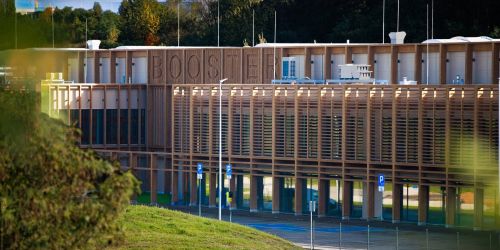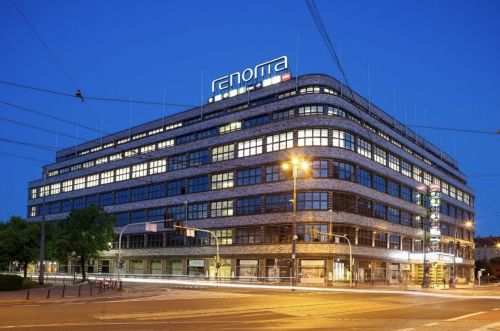I seem to be suffering from a severe bout of déjà vu. Don’t worry, I don’t think it’s infectious, but ten years ago I wrote an article for this same journal entitled ‘Sustainability with Room Service’, in which I examined the impact of the green revolution on the hospitality sector. And at that time, I seem to remember coming away from it feeling somewhat underwhelmed by the industry’s efforts to go green. Well, undoubtedly things have changed. Back then the word ‘Covid’ could not be found in the dictionary and the corporate buzzword (or rather buzz-acronym) was CSR (corporate and social responsibility). Now, three new letters, ESG, rule the corporate jargon and with them all the issues that had been neatly packaged by the letters CSR have been rolled up into green sustainability issues along with more besides. Still, it would be nice to know if anything has really changed in this regard over the last decade when it comes to


























































